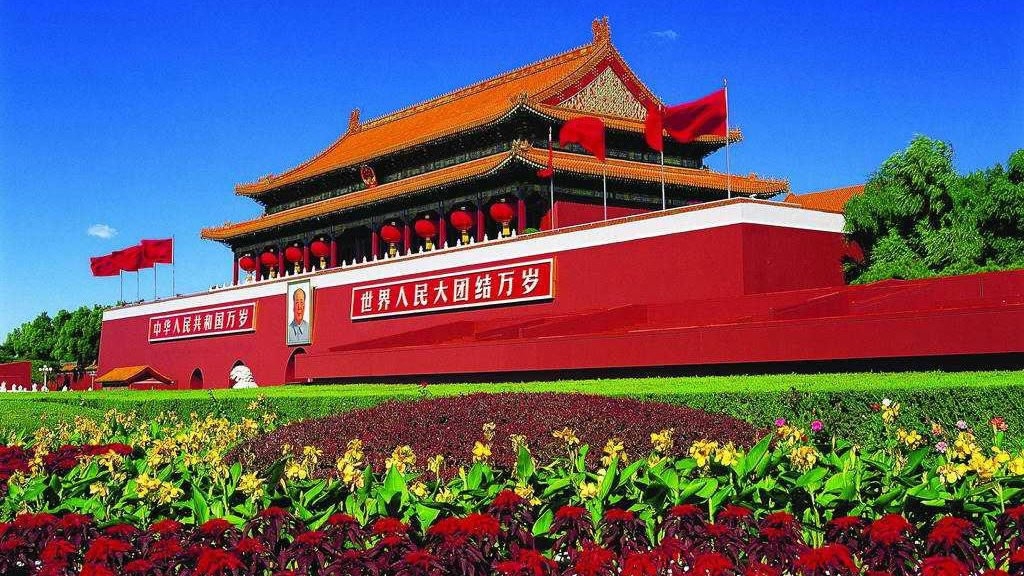Democratic centralism is the main principle in the decision-making of the ruling communist party and government at various levels in China. It is written in the Chinese constitution that the party and government departments must practice democratic centralism. The principle calls for full democratic consultation and decision making by group leadership. How does it work in the Chinese political system?
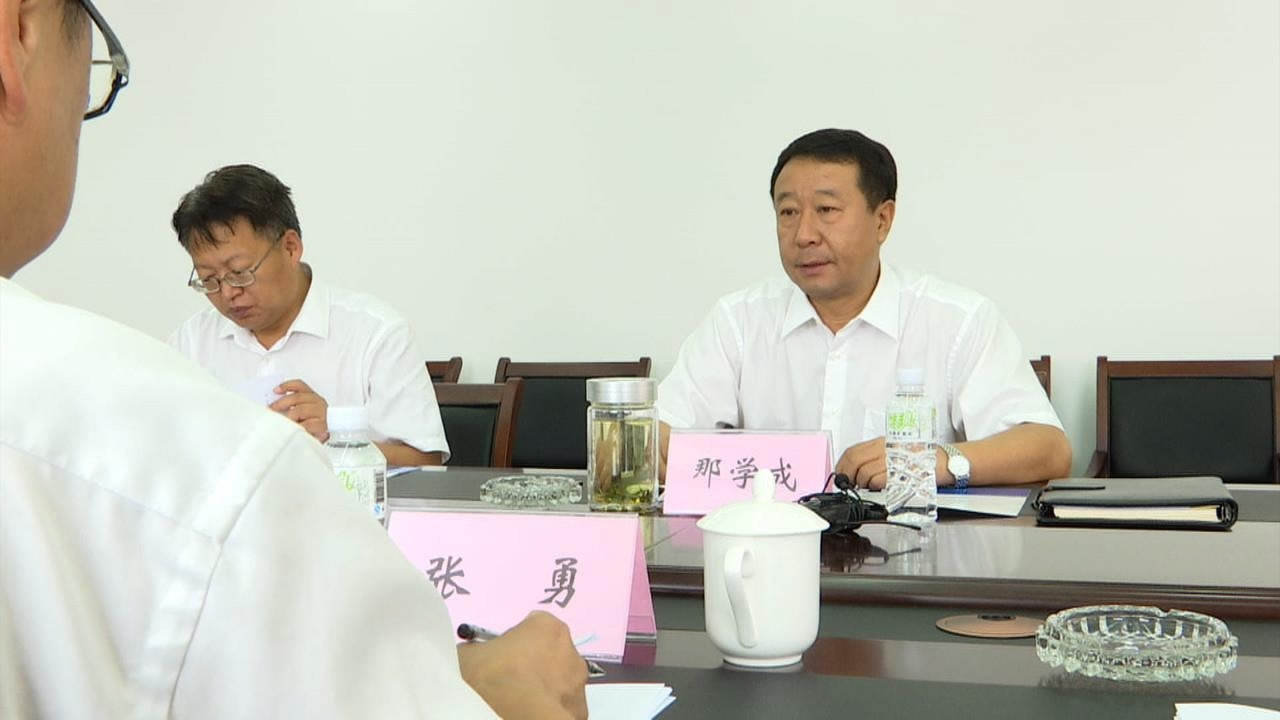
It is another busy day for Party secretary Na Xuecheng in Xinbin county. /CGTN Photo
It is another busy day for Party secretary Na Xuecheng in Xinbin county. /CGTN Photo
It is another busy day for Party secretary Na Xuecheng in Xinbin county. High on his agenda is to make a decision on a plan affecting every one in the county. He has initiated a work-plan for rural garbage classification a few months ago. He needs to have it passed by over half of the standing committee members of the local party before the plan can go into effect. But...
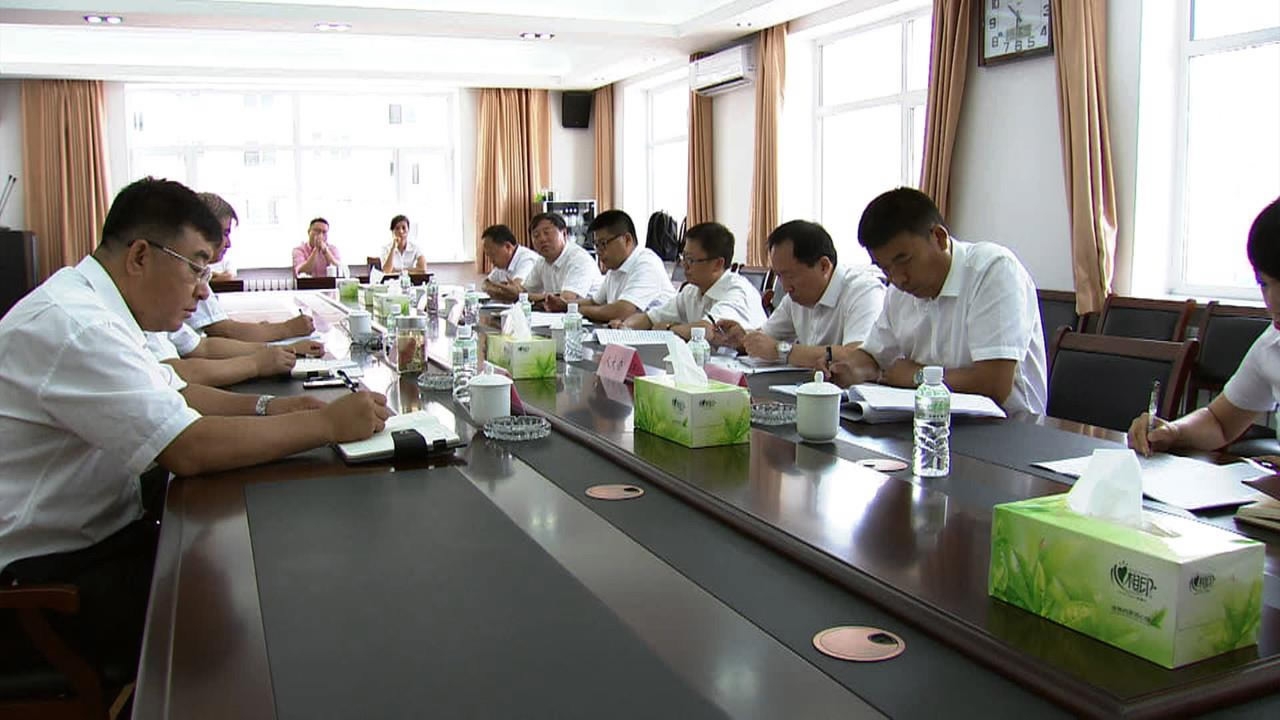
Na Xuecheng needs to have the work plan passed by over half of the standing committee members of the local party before the plan can go into effect. /CGTN Photo
Na Xuecheng needs to have the work plan passed by over half of the standing committee members of the local party before the plan can go into effect. /CGTN Photo
"Some sections of the work plan are too complicated, it can be difficult to meet in practice," said one member of the standing committee. "Any other suggestions?" Na Xuecheng asked.
In a typical standing committee meeting, only when over half of the members vote "yes" can the final approval on one particular issue be passed. If it is a matter of appointment or removal of personnel, that ratio increases to 2/3.
Na Xuecheng decides to put the issue on hold and carry out more research.
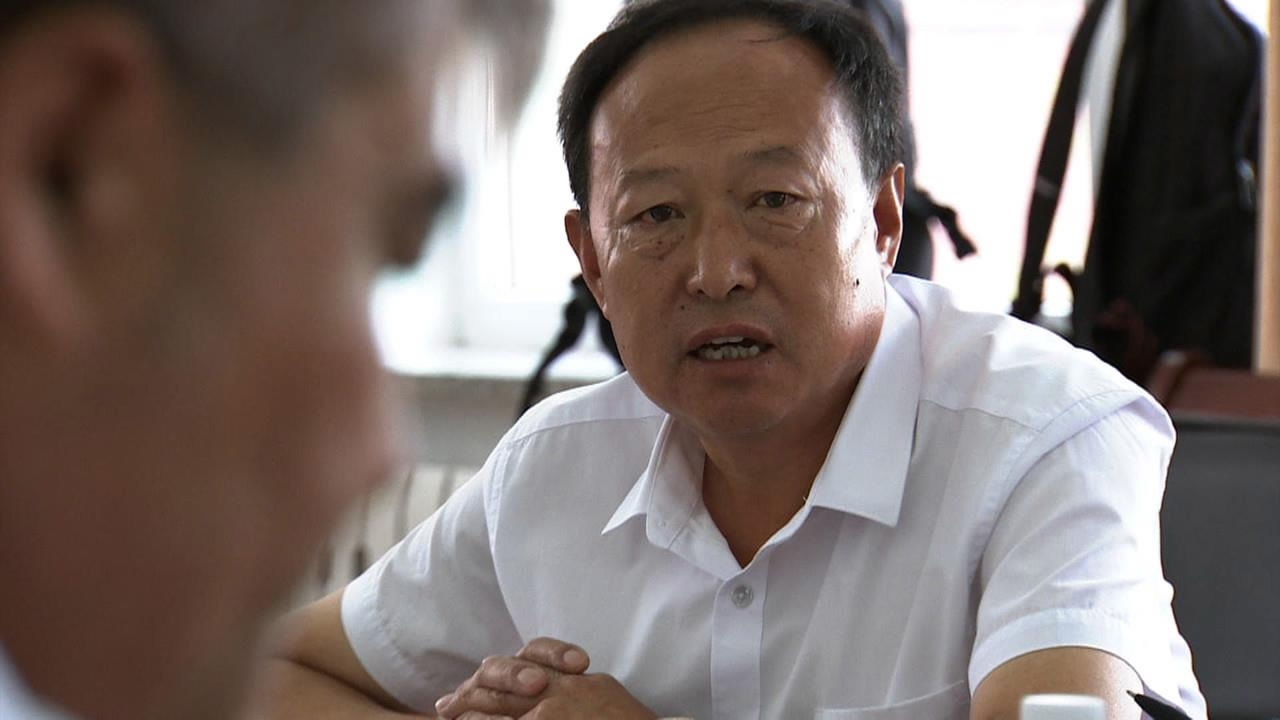
One member of the county's standing committee has different opinions about the work plan. /CGTN Photo
One member of the county's standing committee has different opinions about the work plan. /CGTN Photo
On his way to the villages, Na Xuecheng told CGTN that when they work on the proposal of rural garbage classification, it pushes them to establish close contact with the masses. They must take people's opinions and concerns into consideration before carrying out the work plan.
A few villages in the county have already rolled out the trash classification project to test out the waters. The villagers were taught that over 95% of garbage in their day-to-day life can be classified and recycled. Garbage like food waste can become perfect fertilizer after fermentation. The feedback was strong winning points for further promoting the work plan.
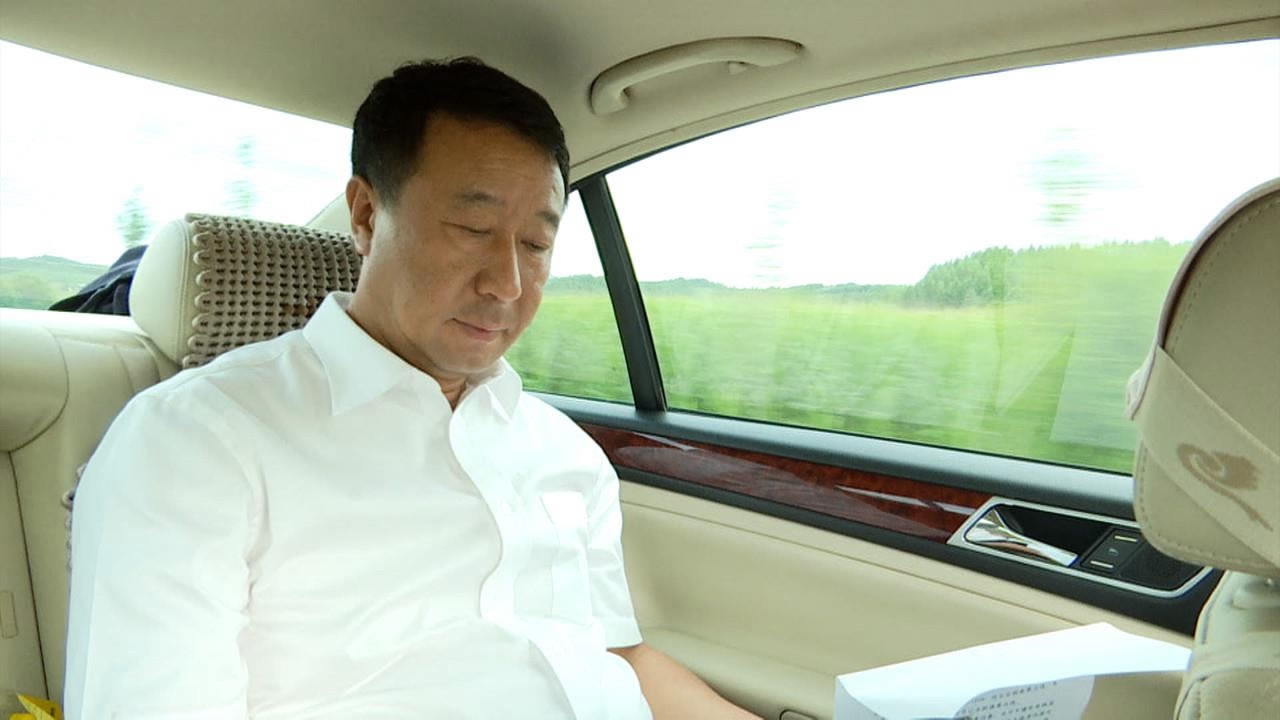
Na Xuecheng decides to put the issue on hold and carry out more research. /CGTN Photo
Na Xuecheng decides to put the issue on hold and carry out more research. /CGTN Photo
At the age of 54, Na Xuecheng started his political career as the head of one remote village. For nearly 30 years, he never left the county. To fully implement a work plan like rural trash classification, it requires the participation of pretty much everyone in the county.
For Na Xuecheng, the ethic of keeping close contact with the masses allows a man in his position to better absorb different views.

A few villages in the county have already rolled out the trash classification project to test out the waters. /CGTN Photo
A few villages in the county have already rolled out the trash classification project to test out the waters. /CGTN Photo
“The party secretary has come here many times to find out what questions and concerns the villagers have in implementing the project,” said Huang Xingfang, the head of one township in Xinbin county.
After gathering opinions from the public, Na Xuecheng is confident that apart from some minor changes, the proposal can be implemented in other villages too.

The villagers were taught that over 95% of garbage in their day-to-day life can be classified and recycled. /CGTN Photo
The villagers were taught that over 95% of garbage in their day-to-day life can be classified and recycled. /CGTN Photo
In China's political system, at either national, provincial or county level, the standing committee of the party holds the ultimate power and authority over pretty much everything. Without democratic decision-making and supervision within the group, the standing committee can end up being ruled by one man only, the party secretary.
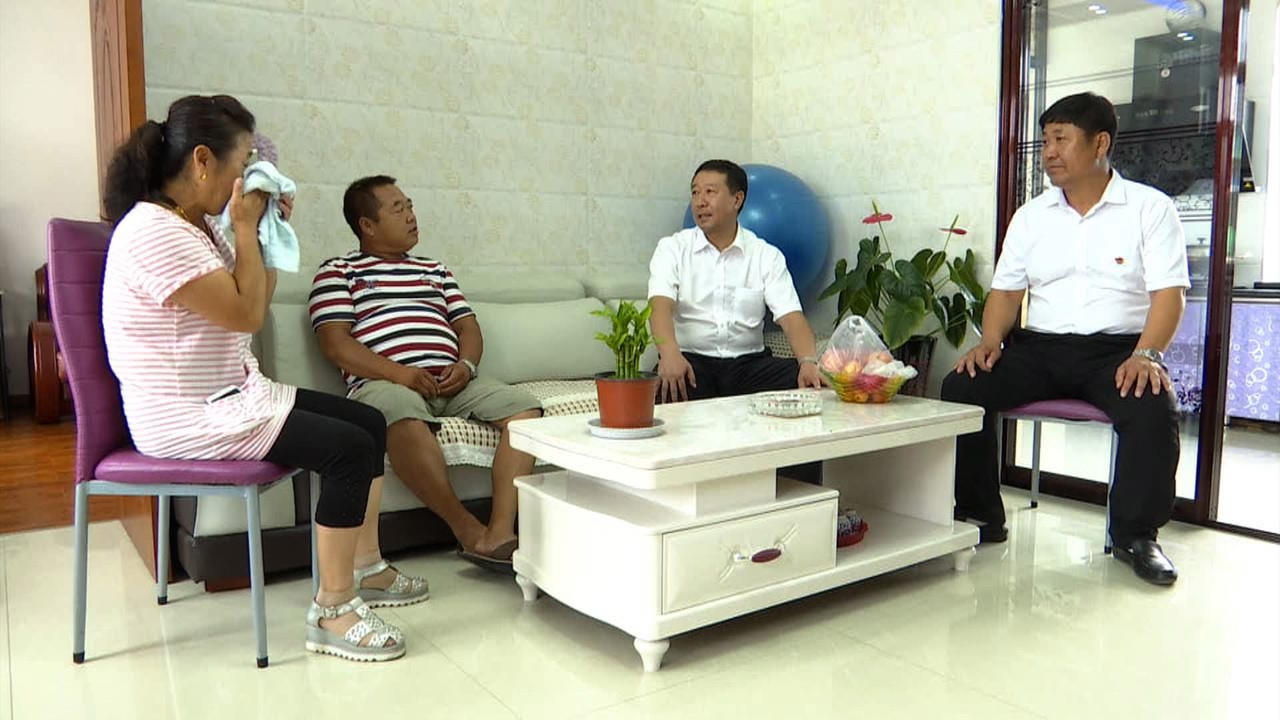
For Na Xuecheng, the ethic of keeping close contact with the masses allows a man in his position to better absorb different views. /CGTN Photo
For Na Xuecheng, the ethic of keeping close contact with the masses allows a man in his position to better absorb different views. /CGTN Photo
After all the research and feedback, the work plan finally went through. All the members of the county's standing committee have reached the consensus on adopting the approach in dealing with excess waste in all the villages of the county.
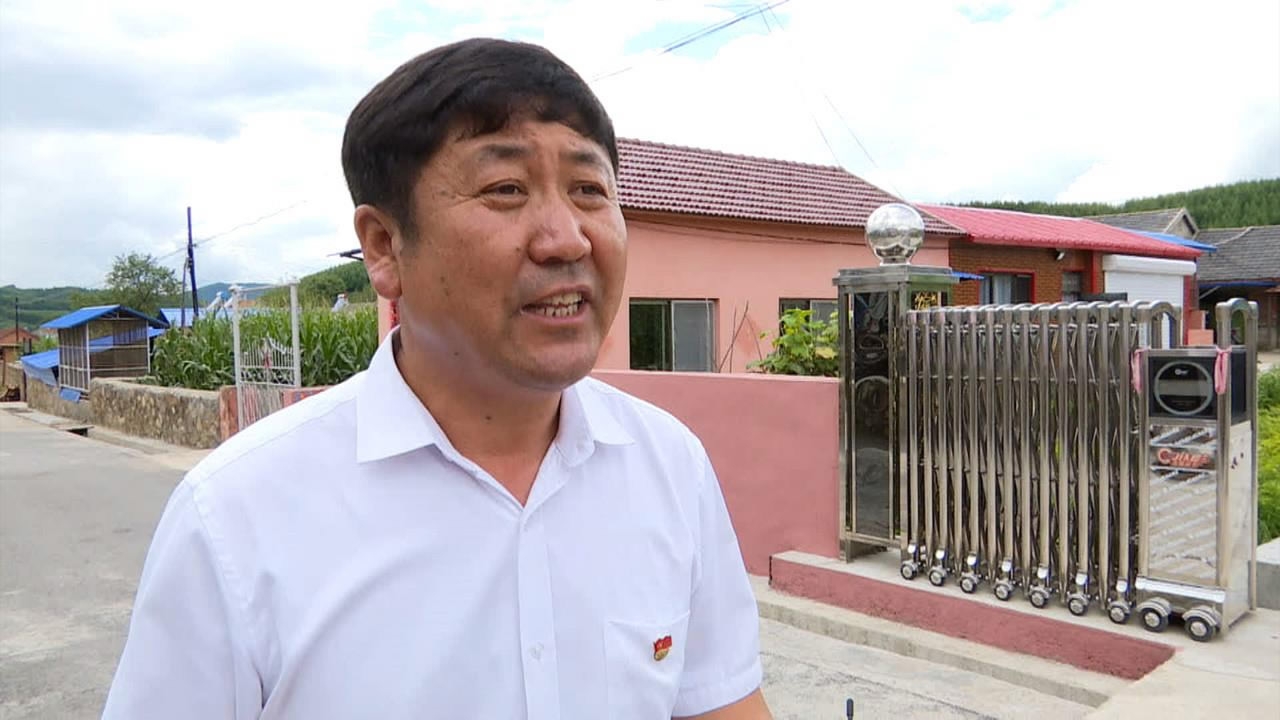
The head of one township in the county told CGTN, that the party secretary has come to the villages many times to find out what questions and concerns the villagers have in implementing the project. /CGTN Photo
The head of one township in the county told CGTN, that the party secretary has come to the villages many times to find out what questions and concerns the villagers have in implementing the project. /CGTN Photo
“Unlike in the past, when orders were typically given by one senior official, our job was to follow that instruction and to do as told. Now, all the party members here are willing to listen to others, we sit down and hold joint discussions on what can be improved in the work plan before the final decision can be made,” said Zheng Yong, one member of the county's standing committee.
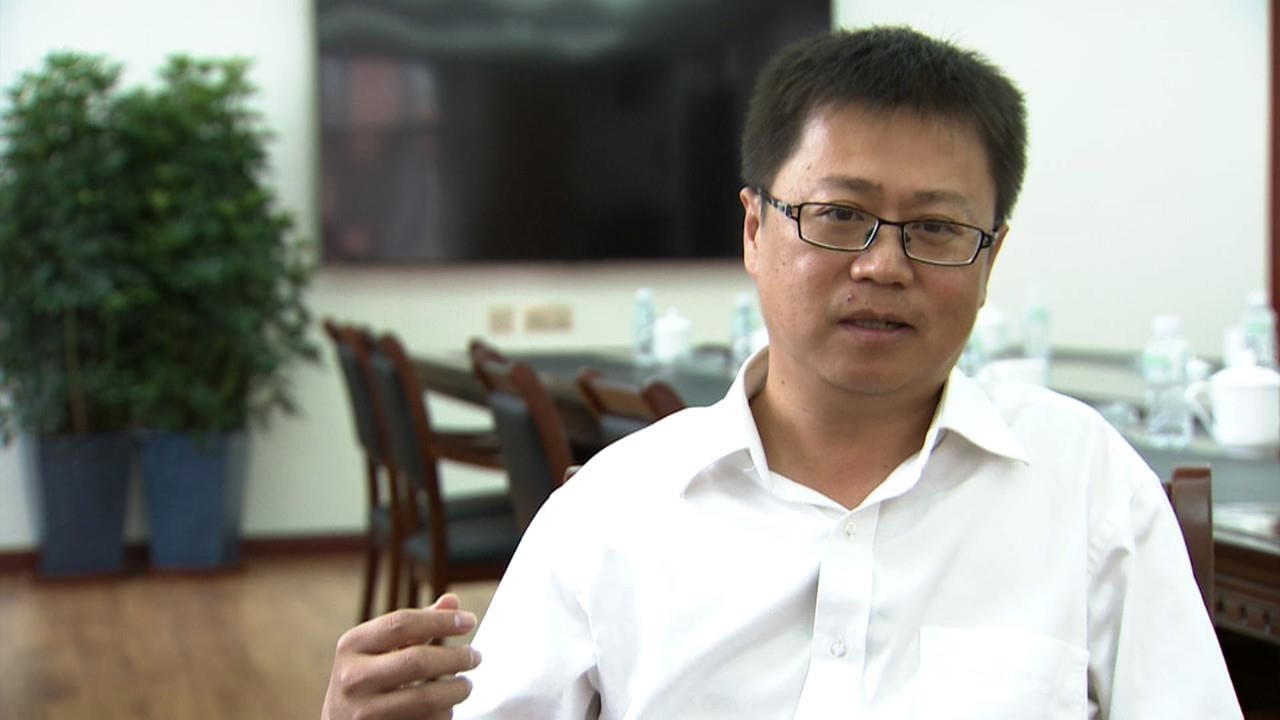
One member of the county's standing committee shares his thought about democratic decision-making. /CGTN Photo
One member of the county's standing committee shares his thought about democratic decision-making. /CGTN Photo
The Communist Party of China in 2012 vowed to deepen political reform with the aim of better practicing intra-party democracy and further applying the rule of law. The trash classification project is one of the examples of how to follow the idea that decisions must be made through the process of wider discussion among all members rather than by one man only.

